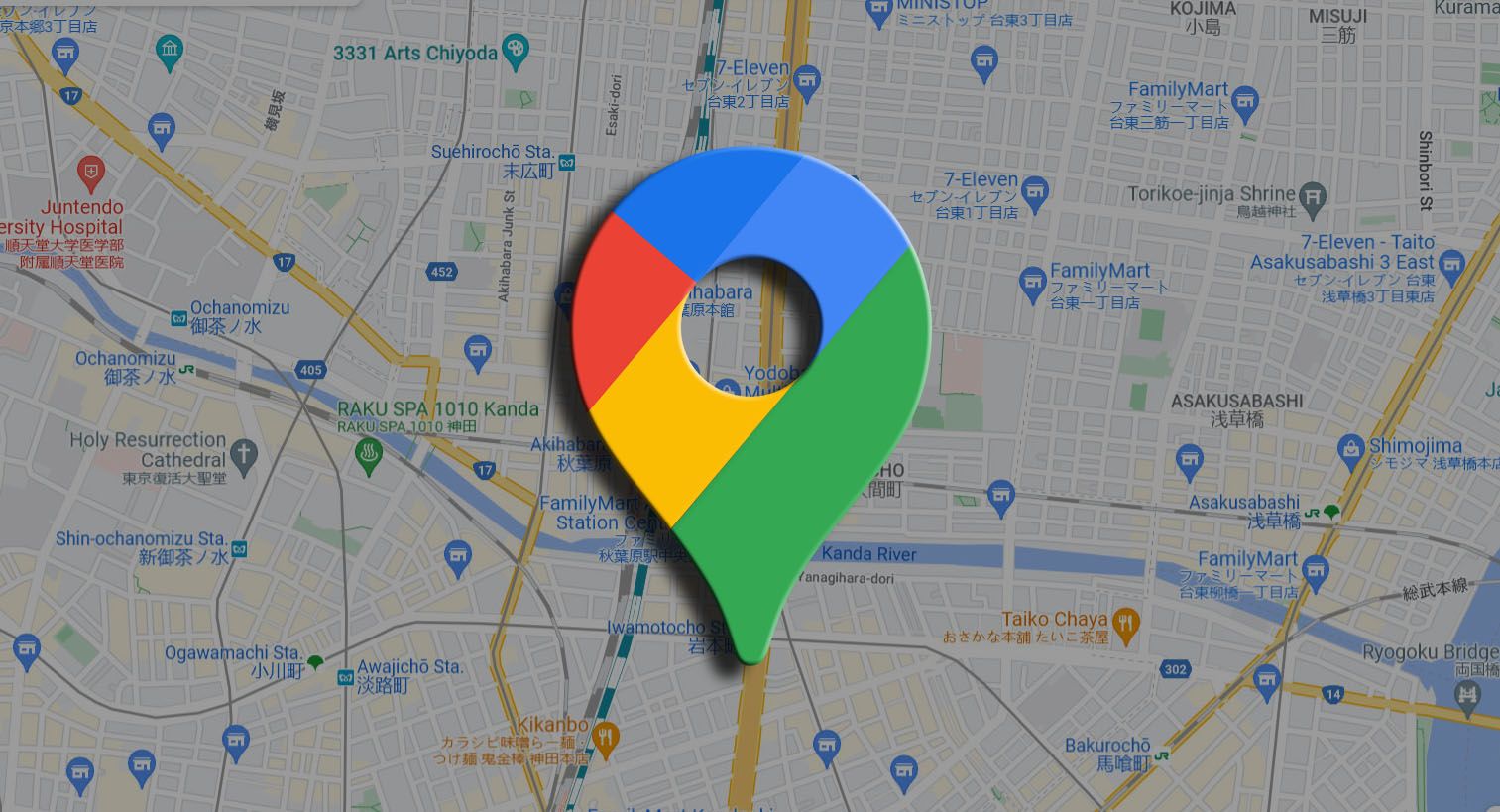Let’s face it: Google Maps is a great mapping service that might be all you’ll ever need depending on where you live or which places you visit. If you’re looking for a similarly full-fledged mapping service on Android, you're basically out of luck, even with an abundance of more specialized services out there. In fact, many third-party developers rely on Google Maps data for their projects. The Linux Foundation and a number of other companies recognize that this Google domination is a problem, and are teaming up to create a collaborative alternative with open source at its core.
The Linux Foundation has announced that the initiative launches as Overture Maps (via TechCrunch). Together with its partners Amazon Web Services (AWS), Meta, Microsoft, and TomTom, the foundation wants to “enable current and next-generation map products by creating reliable, easy-to-use, and interoperable open map data as a shared asset that can strengthen mapping services worldwide.”
The project is targeted at developers and companies that want to create their own mapping systems on top of the data provided by the foundation. In the beginning, the service will offer basic layers only, like buildings and roads. It’s supposed to evolve to provide a better resolution and more accuracy, and the Linux Foundation promises that at some point, it will also provide routing data, 3D buildings, and “places” information.
Overture relies on different existing data sources and is supposed to be used as a complementary addition to OpenStreetMap, the community-created alternative to Google Maps.
Spatial information will also be available at some point, which explains how Facebook parent company Meta fits into this initiative. The company could rely on this data to power some of its VR and AR applications.
Notably missing from the collaboration are Apple and Google, which both offer mapping services of their own.
The approach is drastically different from Google, which is a single entity that holds power over its map product and how third-party developers can use it. It’s possible that the open, collaborative approach will prove more viable in the future as regulators watch gatekeepers and monopolies with increasing scrutiny.

